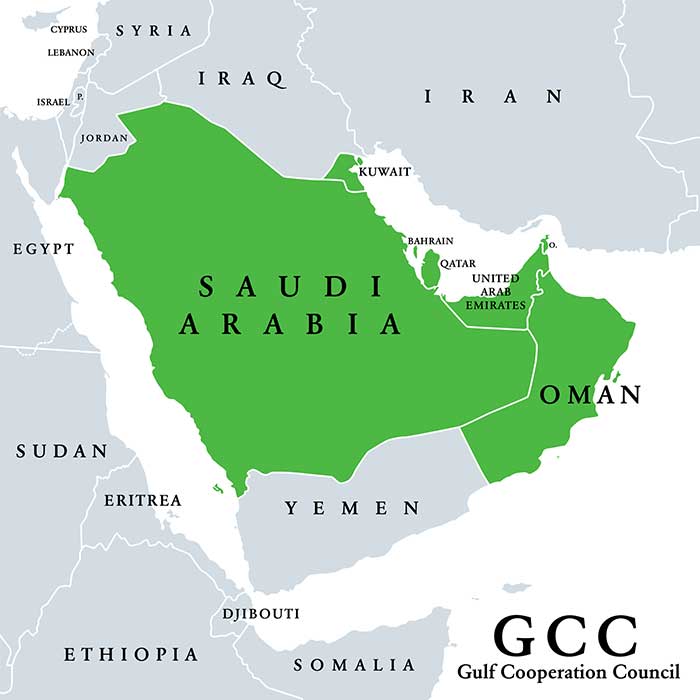The GCC – China Free Trade Agreement – Latest Updates From Saudi Arabia
The free trade agreement currently being negotiated between China and the Saudi Arabia-dominated Gulf Cooperation Council needs to protect emerging Gulf industries, Khalid al-Falih, the Saudi investment minister said on Sunday, (June 25) adding he hoped it would be finalised soon.
“We need to enable and empower our industries to export, so we hope all countries that negotiate with us for free trade deals know we need to protect our new, emerging industries,” al-Falih said.
“We need to provide them with market economics and some kind of protection,” he said in Riyadh. Saudi Arabia has been hosting the Arab-China Business Conference which has attracted Chinese investors to Riyadh seeking new markets, capital and regional Gulf investment projects.
The Gulf Cooperation Council, is a regional, intergovernmental, political, and economic union comprising Bahrain, Kuwait, Oman, Qatar, Saudi Arabia, and the United Arab Emirates.

Talks on a China-GCC Free Trade Agreement (FTA) began in 2004 but have repeatedly stalled, most recently in 2016 after a ninth round. They have recently seen renewed momentum under warming ties between Saudi Arabia, under Crown Prince Mohammed bin Salman, and China, with China’s foreign minister in early 2021 calling for talks to resume.
Al-Falih said he hoped the talks would soon result in a deal. “We have come a long way. The leadership from both sides are showing willingness to conclude”
The Gulf’s two biggest economies, Saudi Arabia and the United Arab Emirates, have launched new industrial strategies to boost domestic economic growth and non-oil exports. Saudi Arabia is developing sectors including domestic manufacturing, mining and minerals, and advanced technology.
“GCC countries – the Kingdom of Saudi Arabia in particular as the biggest economy, population and workforce – we need to work on sectors other than the energy sector,” al-Falih said concerning what the GCC states are looking for in any agreement.
Gulf countries, such as the United Arab Emirates, are putting increasing energy into trade deals and investment partnerships as they look to diversify their hydrocarbon-centric economies.
Related Reading
- China Looking For Free Trade Agreement With Gulf Cooperation Council
- Saudi Arabia – China Ties: Several Investment Agreements, MoUs Signed During President Xi’s Visit
About Us
Middle East Briefing is one of five regional publications under the Asia Briefing brand. It is supported by Dezan Shira & Associates, a pan-Asia, multi-disciplinary professional services firm that assists foreign investors throughout Asia, including through offices in Dubai (UAE), China, India, Vietnam, Singapore, Indonesia, Italy, Germany, and USA. We also have partner firms in Malaysia, Bangladesh, the Philippines, Thailand, and Australia.
For support with establishing a business in the Middle East, or for assistance in analyzing and entering markets elsewhere in Asia, please contact us at dubai@dezshira.com or visit us at www.dezshira.com. To subscribe for content products from the Middle East Briefing, please click here.
- Previous Article Turkiye – UAE Bilateral Trade: 2023-24 Status and Prospects
- Next Article Presidents Raisi and Putin Discuss Iran-Russia INSTC Connectivity


